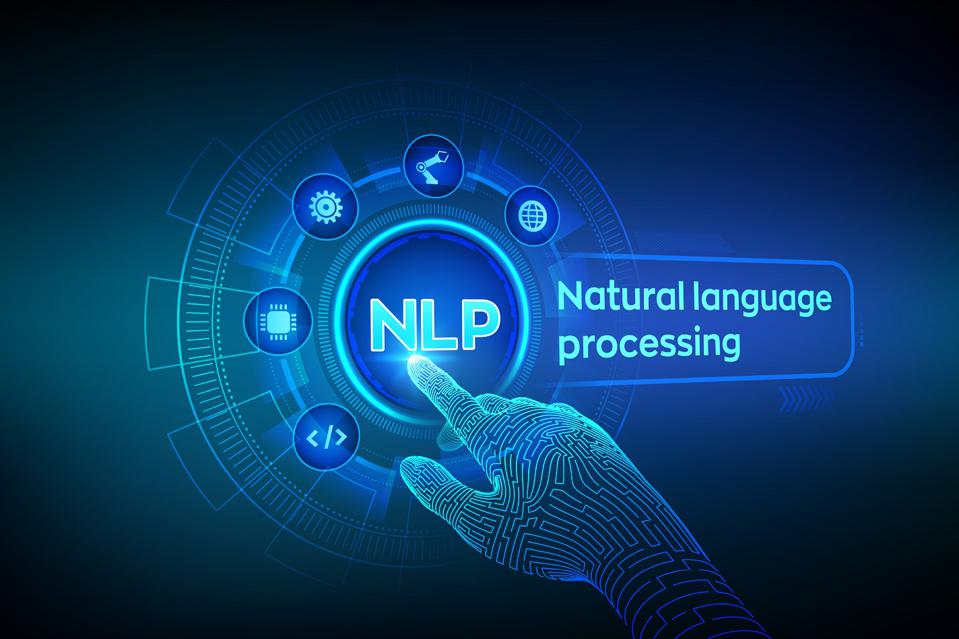What is Natural Language Processing and its Applications and Capabilities
 Naveen
Naveen- 0
Introduction
The field of Natural Language Processing (NLP) has completely transformed the way computers comprehend, analyze, and produce human language. This revolutionary discipline encompasses the understanding of spoken conversations and text messages, making it possible for applications like Siri and Alexa to read messages and provide intelligent responses. Moreover, NLP has found its usefulness across diverse domains, including data entry and the analysis of customer feedback from social media platforms and online forums. In this article, we will delve deeper into the realm of Natural Language Processing, exploring its extraordinary capabilities and real-world applications.
Understanding Natural Language Processing
At its essence, Natural Language Processing involves harnessing computational algorithms and techniques to decipher and comprehend human language, whether spoken or written. NLP empowers machines to grasp the intricate nuances of language, bridging the gap between humans and computers. By harnessing the power of NLP, we can unlock a plethora of possibilities, transforming how we interact with technology.
Applications of Natural Language Processing
Enhancing Conversational Interfaces
One of the most notable applications of NLP lies in the development of conversational interfaces, such as virtual assistants. Siri and Alexa serve as prime examples of how NLP enables these intelligent systems to interpret voice commands and respond intelligently. Through advanced algorithms, NLP allows virtual assistants to understand context, intent, and even emotions, facilitating seamless interactions between humans and computers.
Automating Data Entry
Data entry can be a time-consuming and error-prone task. However, NLP simplifies this process by automating the extraction of data from various sources. By scanning sentences, paragraphs, or even entire books, NLP algorithms identify patterns and extract relevant information. This capability streamlines data entry processes, freeing up valuable time for other critical tasks.
Extracting Insights from Textual Data
In the era of big data, businesses are inundated with massive amounts of textual data from sources like social media and online forums. NLP comes to the rescue by providing invaluable tools for extracting insights and sentiments from such data. By employing techniques like sentiment analysis and topic modeling, NLP algorithms can categorize feedback, identify emerging trends, and gauge public opinion, enabling organizations to make data-driven decisions.
The Power of NLP: Revealing its Capabilities
Text Classification and Sentiment Analysis
NLP empowers computers to automatically classify texts into different topics or sentiments. Through the analysis of patterns and keywords, NLP algorithms can determine the underlying subject matter of a text, making it easier to organize and retrieve information. Sentiment analysis, on the other hand, helps in understanding public opinion by discerning positive, negative, or neutral sentiments expressed in texts.
Language Translation and Summarization
Thanks to NLP, language barriers are being dismantled. Advanced machine translation systems utilize NLP techniques to automatically translate text from one language to another. These systems analyze the structure and context of the source language and generate coherent translations, enabling seamless communication across different linguistic boundaries. NLP algorithms also facilitate text summarization, condensing lengthy documents or articles into concise and informative summaries.
Question Answering and Information Retrieval
With NLP, computers can comprehend questions posed in natural language and provide accurate answers. Question-answering systems employ techniques like information retrieval and knowledge graphs to fetch relevant information and generate appropriate responses. This capability finds applications in various domains, including customer support, research, and information retrieval from vast knowledge bases.
Conclusion
Natural Language Processing has emerged as a groundbreaking field, enabling machines to understand, analyze, and generate human language with exceptional precision. From enhancing conversational interfaces to enabling efficient data analysis, NLP has revolutionized various industries. By harnessing the power of NLP, organizations can elevate customer experiences and gain valuable insights from textual data.

